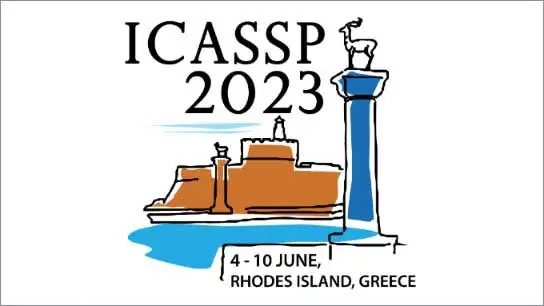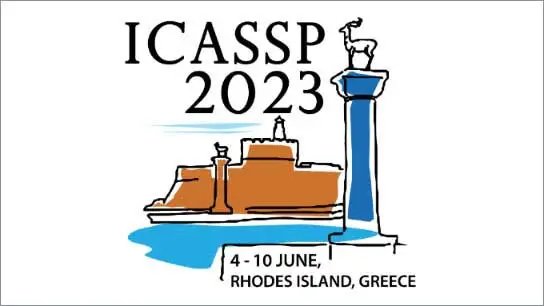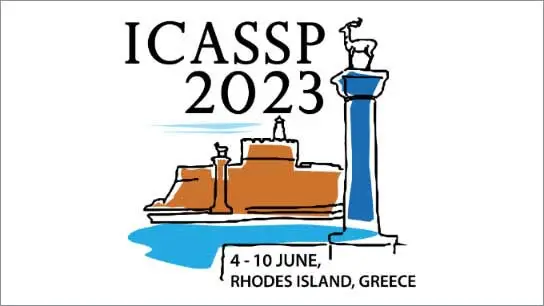Prosody-controllable spontaneous TTS with neural HMMs
Harm Lameris (KTH Royal Institute of Technology); Shivam Mehta (KTH Royal Institute of Technology); Gustav Eje Henter (KTH Royal Institute of Technology); Joakim Gustafson (KTH Royal Institute of Technology); Eva Szekely (KTH Royal Institute of Technology)
-
Members: FreeSPS
IEEE Members: $11.00
Non-members: $15.00
07 Jun 2023
Spontaneous speech has many affective and pragmatic functions that are interesting and challenging to model in TTS. However, the presence of reduced articulation, fillers, repetitions, and other disfluencies in spontaneous speech make the text and acoustics less aligned than in read speech, which is problematic for attention-based TTS. We propose a TTS architecture that can rapidly learn to speak from small and irregular datasets, while also reproducing the diversity of expressive phenomena present in spontaneous speech. Specifically, we add utterance-level prosody control to an existing neural HMM-based TTS system which is capable of stable, monotonic alignments for spontaneous speech.
We objectively evaluate control accuracy and perform perceptual tests that demonstrate that prosody control does not degrade synthesis quality. To exemplify the power of combining prosody control and ecologically valid data for reproducing intricate spontaneous speech phenomena, we evaluate the system's capability of synthesizing two types of creaky voice.



